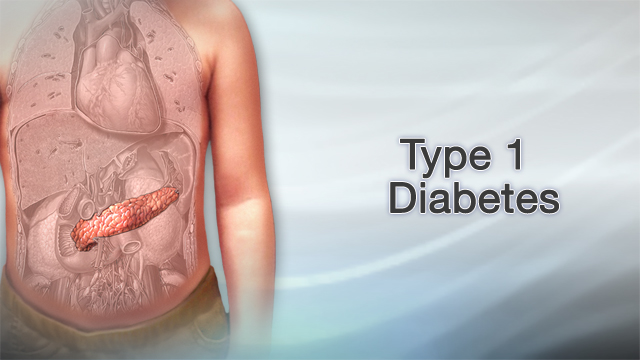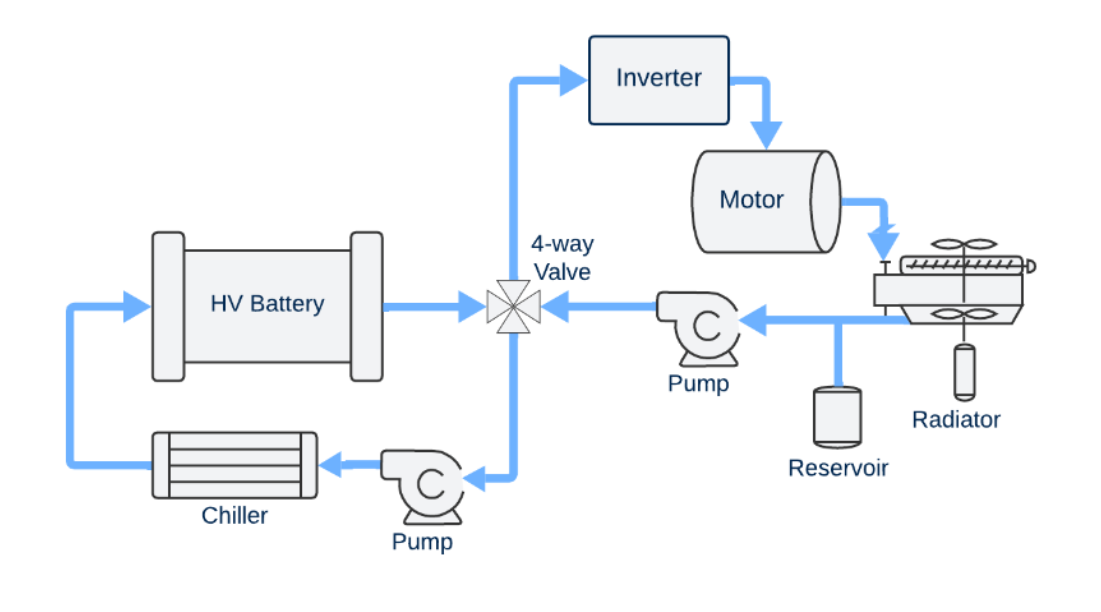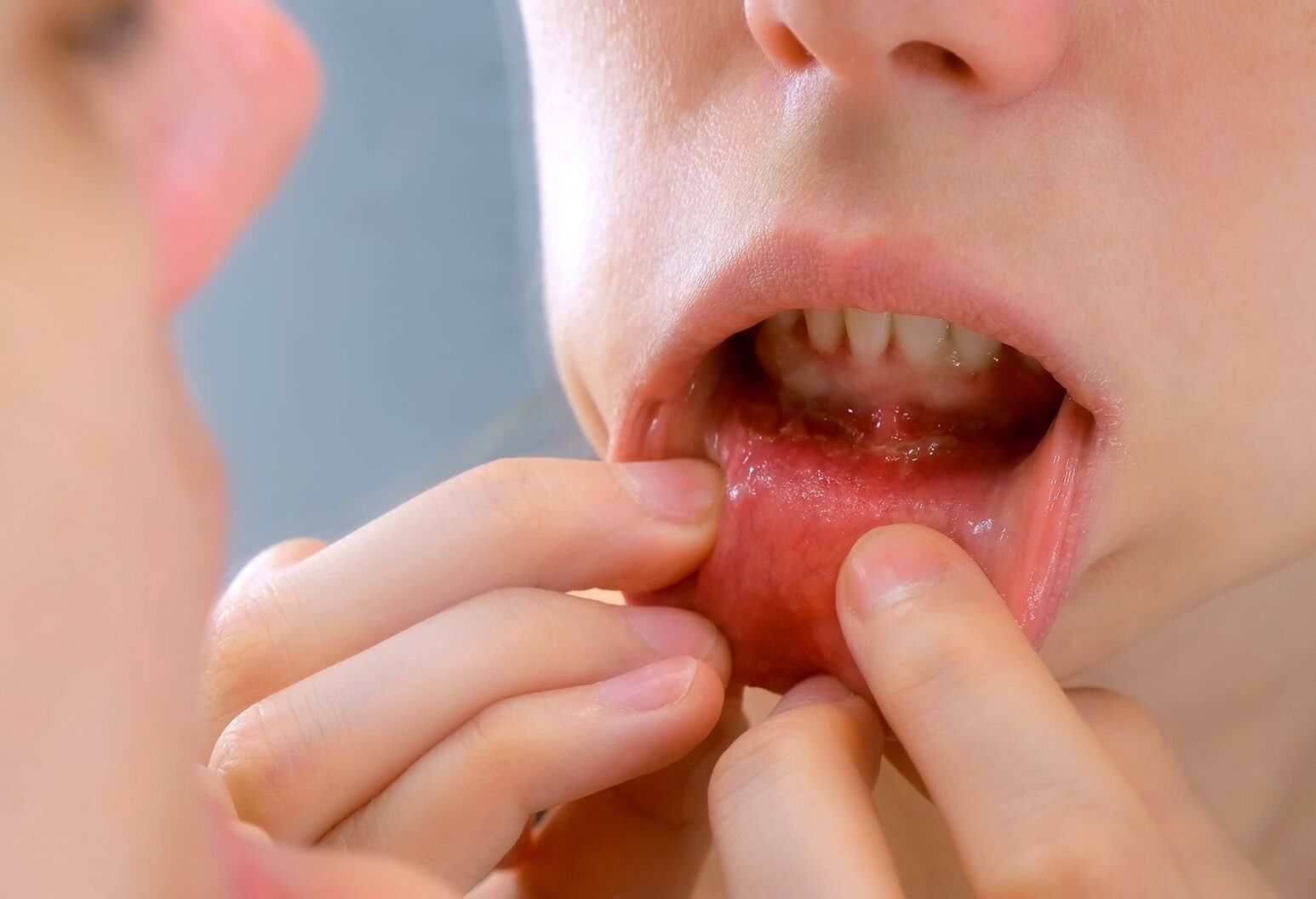Low-dose ATG Shows Promise in Slowing Type 1 Diabetes Progression
New research presented at the European Association for the Study of Diabetes (EASD) 2025 Annual Meeting in Vienna and published in The Lancet has revealed that a much lower dose of the long-established immunotherapy drug anti-thymocyte globulin (ATG) is safe and effective in slowing the progression of type 1 diabetes (T1D) in young people.
The trial, led by Professor Chantal Mathieu (UZ Leuven, Belgium), explored ATG as an affordable, repurposed drug for children and adolescents with newly diagnosed T1D. The results indicate that ATG, in a significantly reduced dose, can act as a disease-modifying therapy, delaying the loss of insulin-producing beta cells.
T1D is an autoimmune disease where the immune system attacks pancreatic beta cells, leading to lifelong insulin dependence. Globally, around 9.5 million people live with T1D, and incidence in children and adolescents has been rising by over 2% annually in the past two decades. Preserving beta-cell function remains a critical challenge in managing the disease.
In the MELD-ATG trial, participants aged 5–25 years received ATG in different doses. The 0.5mg/kg low dose proved just as effective as the higher 2.5mg/kg dose in preserving beta-cell function, but with fewer side effects. Importantly, the lower dose could be given as a single one-day infusion, compared with the two days required for the higher dose.
The researchers concluded that 0.5mg/kg ATG is a safe, effective, and accessible therapy for delaying T1D progression in children and adolescents. Professor Mathieu emphasized:
“ATG therapy at 0.5mg/kg, delivered as a single-day infusion, is available in most countries worldwide at very affordable prices.”
This finding opens the door for wider, real-world use of ATG as a practical treatment to slow down T1D in young patients.








